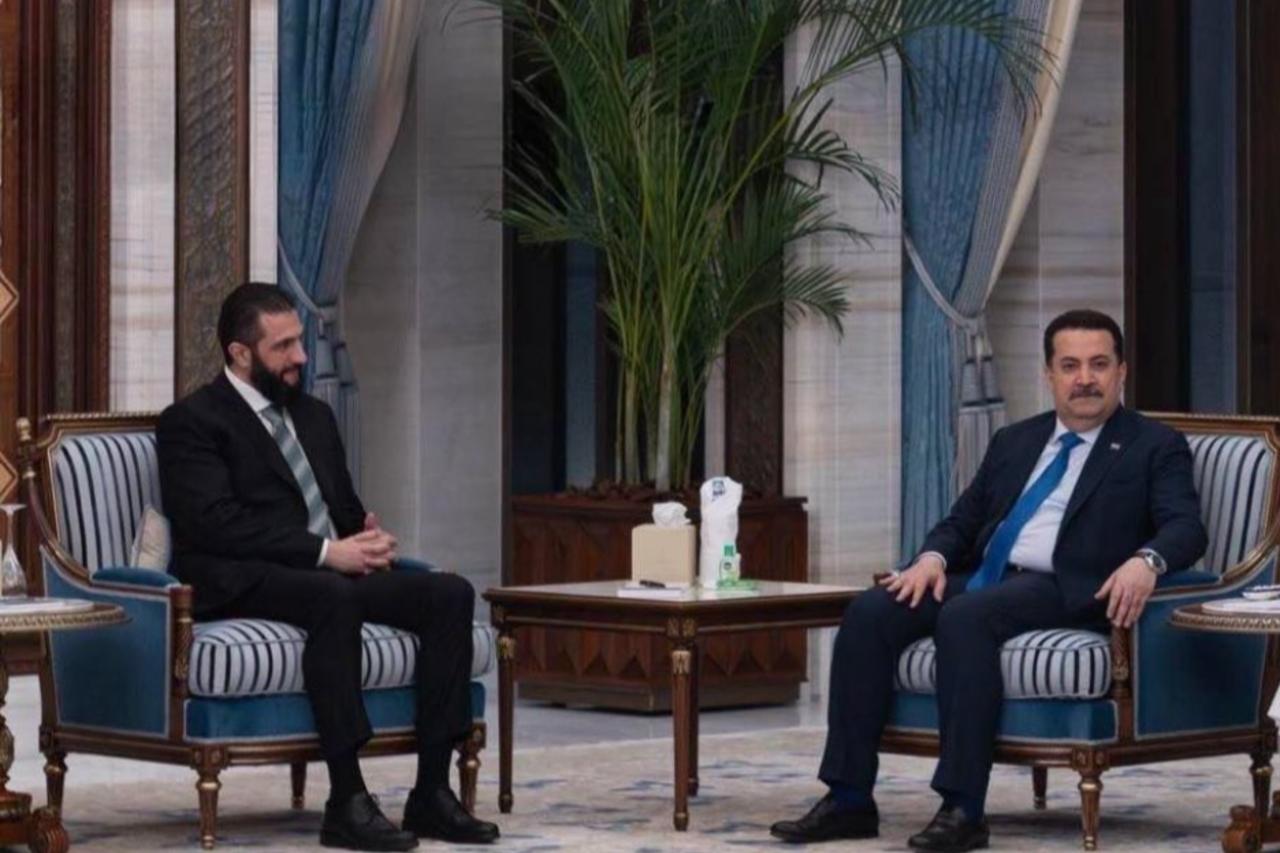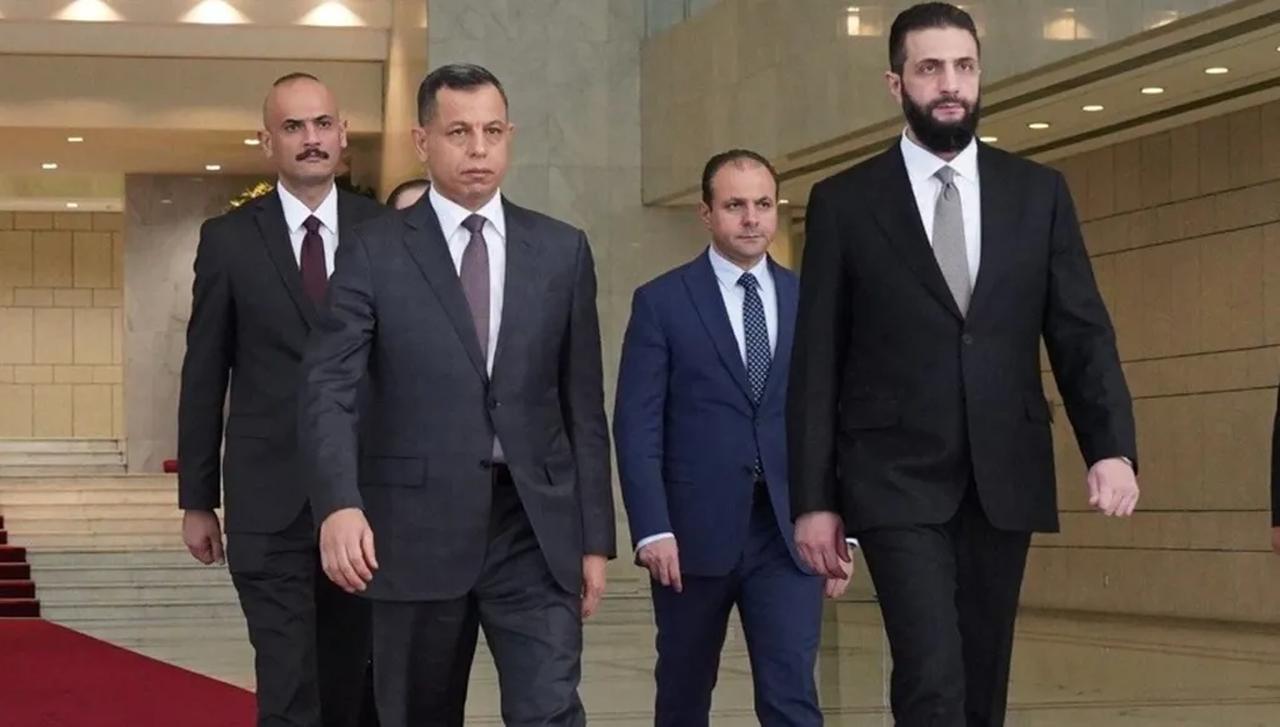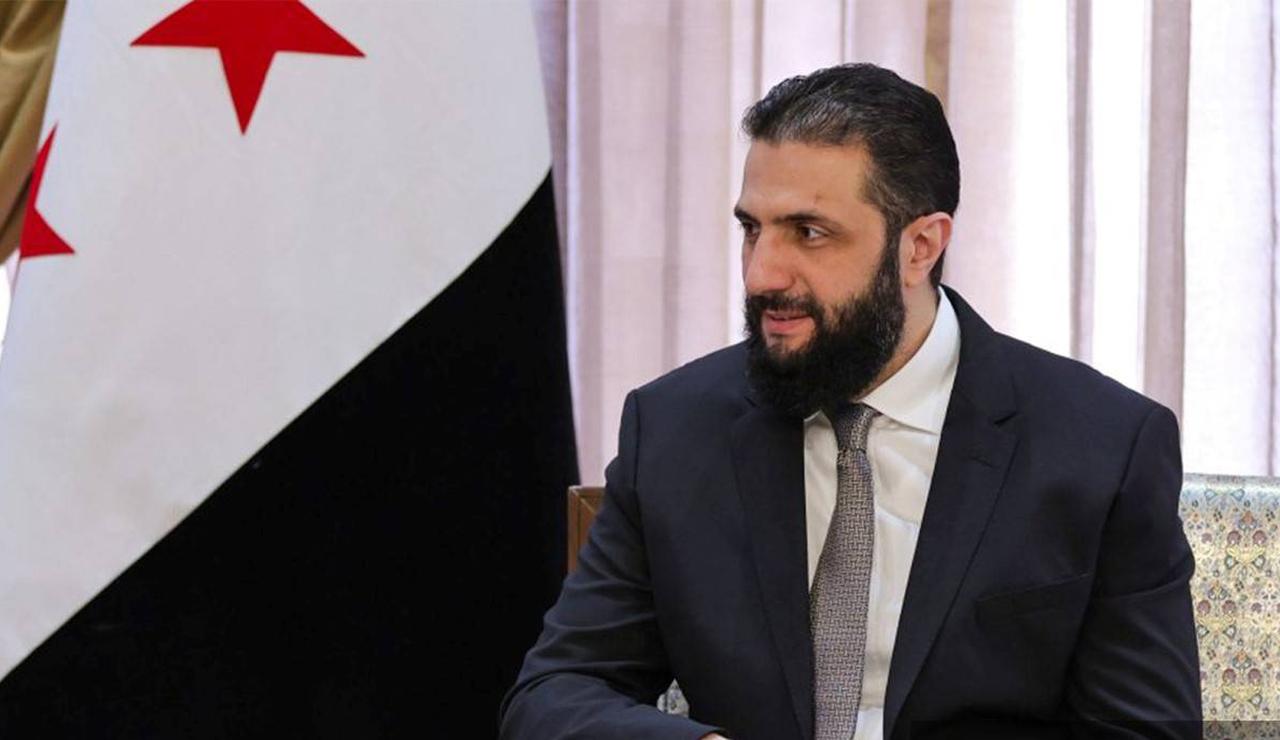
Iraqi intelligence provided its Syrian counterpart with detailed information nearly six months ago about a plot to assassinate Syrian President Ahmad al-Sharaa, leading to its foiling, Lebanon’s An-Nahar newspaper reported.
A senior Iraqi security source said that Iraqi security agencies obtained intelligence on the planned assassination, which coincided with preparations by extremist groups to carry out bombings in minority areas across Syria in an effort to spark sectarian strife.
He added that close intelligence cooperation between Baghdad and Damascus thwarted both the assassination attempt and the planned attacks.

A senior Iraqi security official said those behind the attempts were “former Hayat Tahrir al-Sham (HTS) fighters who defected in opposition to Sharaa’s leadership after he came to power following Bashar al-Assad’s fall.”
Iraqi security sources added that many of these former HTS members have since rejoined Daesh, most of them Iraqis and Syrians.
The report also stated that Syrian intelligence foiled a plot to assassinate Sharaa inside the presidential palace in Damascus during the same period. However, it remains unclear whether this was the same attempt referenced by Iraqi security officials.

Syrian authorities previously denied media reports of an assassination attempt on Sharaa during his visit to the city of Daraa in the first week of June.
The reports had claimed that Daesh planned the attempt and that Syrian and Turkish intelligence had foiled it. However, a source at the Syrian Ministry of Information told SANA that the reports were entirely unfounded.
Iraqi sources had previously denied reports of a plot to assassinate Sharaa, allegedly planned in the city of Najaf and purportedly orchestrated by Iranian and Iraqi actors, as well as Hezbollah.
The U.S. special envoy to Syria, Tom Barrett, had warned of serious threats targeting Sharaa, citing his efforts to engage Syria’s diverse communities and open ties with the West. He noted that extremist factions might attempt to assassinate him to obstruct the country’s new political trajectory.
Barak called for a “coordinated protection system” for Sharaa, emphasizing that any response should rely on intelligence sharing with allies rather than military intervention.
On his part, Iraqi Prime Minister Mohammed Shia al-Sudani confirmed that Iraq is coordinating with the new Syrian government, particularly on security matters.
In earlier remarks, Sudani told the Associated Press that Damascus and Baghdad face a common enemy, Daesh, which is clearly present in Syria.
He called on the Syrian leadership to pursue a “comprehensive political process that includes all components and sects."